painterx7
Silver Member
- Jul 20, 2013
- 2,886
- 2,578
- Primary Interest:
- All Treasure Hunting
Some scrapers ,flake knives , broke blade , small ax, awesome side scraper
Amazon Forum Fav 👍
Attachments
-
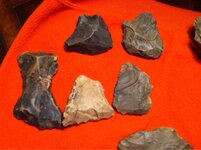 image-2724708254.jpg76.7 KB · Views: 75
image-2724708254.jpg76.7 KB · Views: 75 -
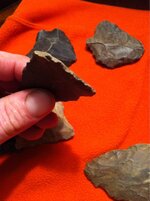 image-2259135436.jpg65.2 KB · Views: 85
image-2259135436.jpg65.2 KB · Views: 85 -
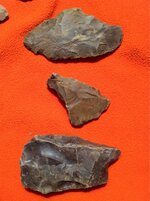 image-2794358705.jpg95.3 KB · Views: 91
image-2794358705.jpg95.3 KB · Views: 91 -
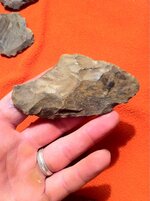 image-2311104424.jpg77.8 KB · Views: 81
image-2311104424.jpg77.8 KB · Views: 81 -
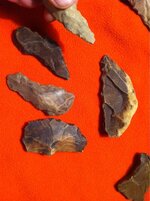 image-588346327.jpg87.2 KB · Views: 79
image-588346327.jpg87.2 KB · Views: 79 -
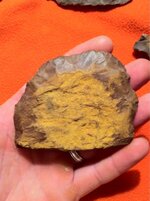 image-1359602818.jpg73.2 KB · Views: 77
image-1359602818.jpg73.2 KB · Views: 77 -
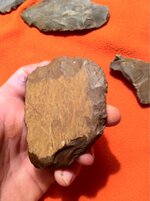 image-3043553850.jpg69.3 KB · Views: 76
image-3043553850.jpg69.3 KB · Views: 76 -
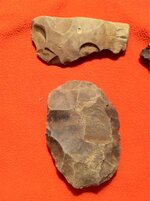 image-2100181456.jpg84.3 KB · Views: 73
image-2100181456.jpg84.3 KB · Views: 73
Upvote
0


